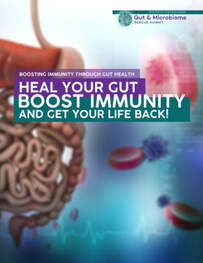
While things like eating healthy, getting plenty of sleep, and taking extra vitamins have been getting attention even in the mainstream media, one aspect that hasn't been getting as much press - but is at least as important to a healthy immune system, if not more - is gut health.
In fact, a large percentage of your immune system is actually in your gut. A healthy gut microbiome is actually in the front line of defenses against viruses and other pathogens. That's why I'm so excited that this year's Gut & Microbiome Rescue Summit is coming up in just a few weeks! If you're interested in improving your gut health and your overall health and longevity, you'll definitely want to check out this awesome online event.
However, you can get a head start on a healthy gut right now, by downloading this month's freebie: Shivan Sarna’s 26-page eGuide, Boosting Immunity Through Gut Health: Heal Your Gut, Boost Immunity, & Get Your Life Back.
Just click the link to go grab your copy now, or read more below...



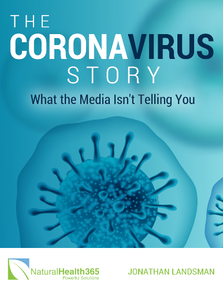
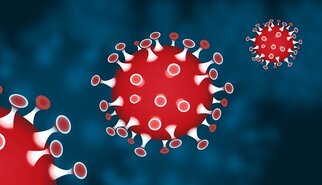

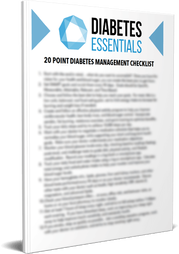
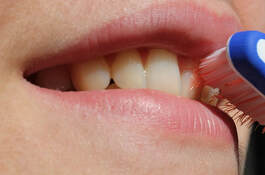

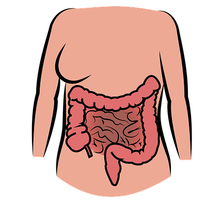


 RSS Feed
RSS Feed